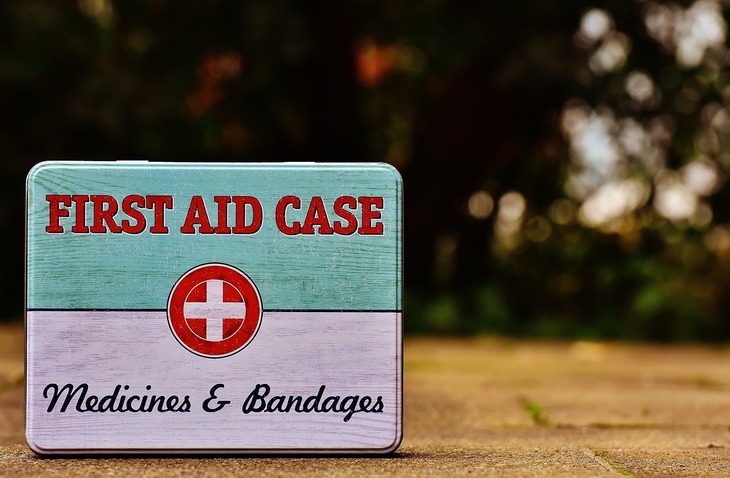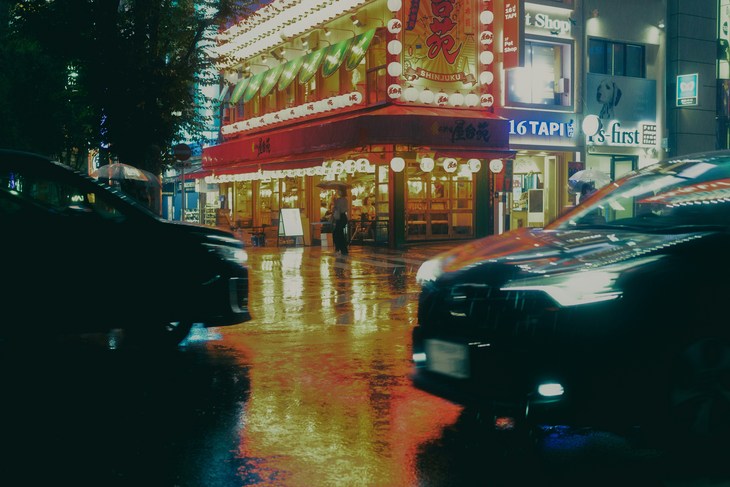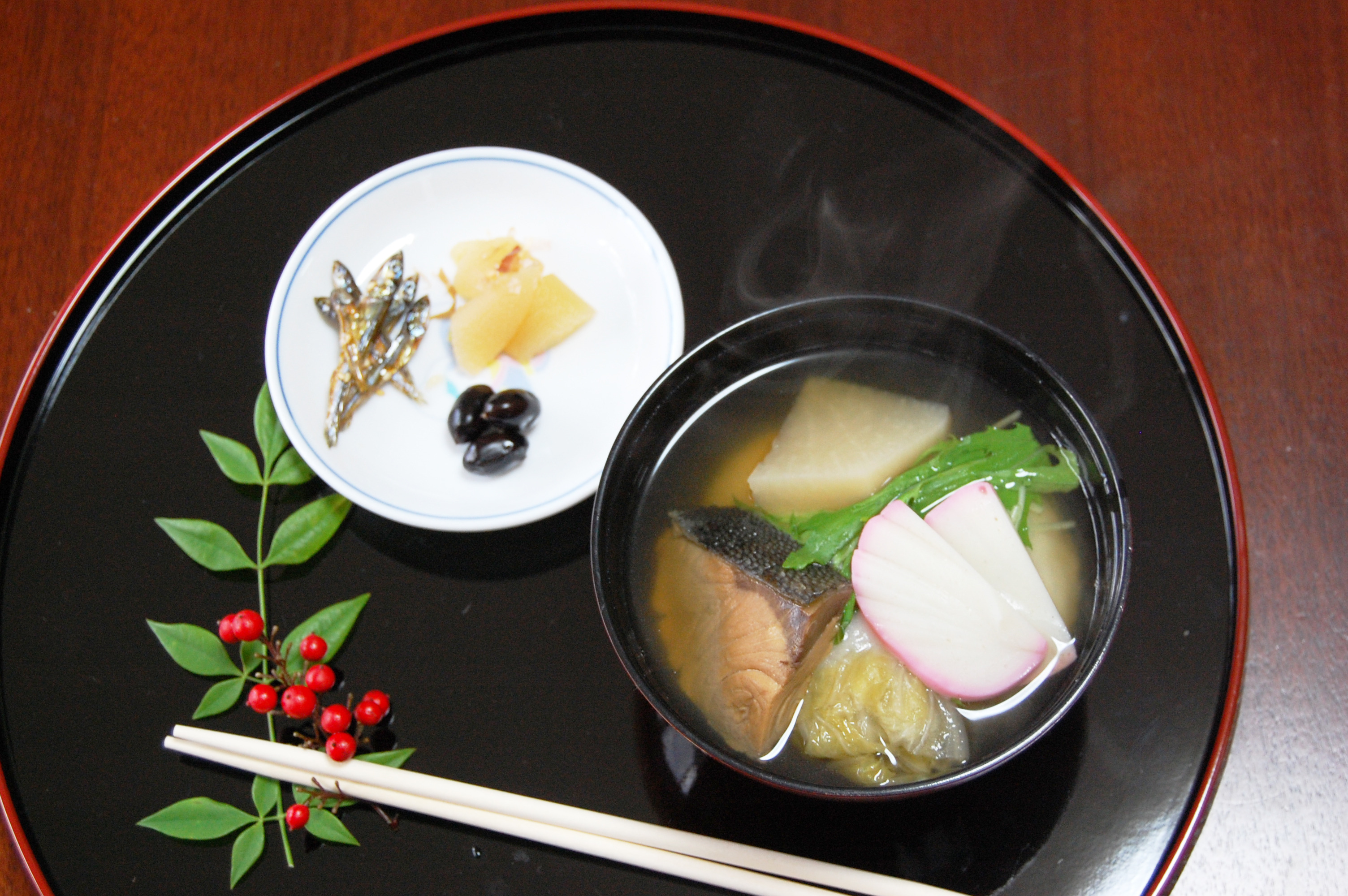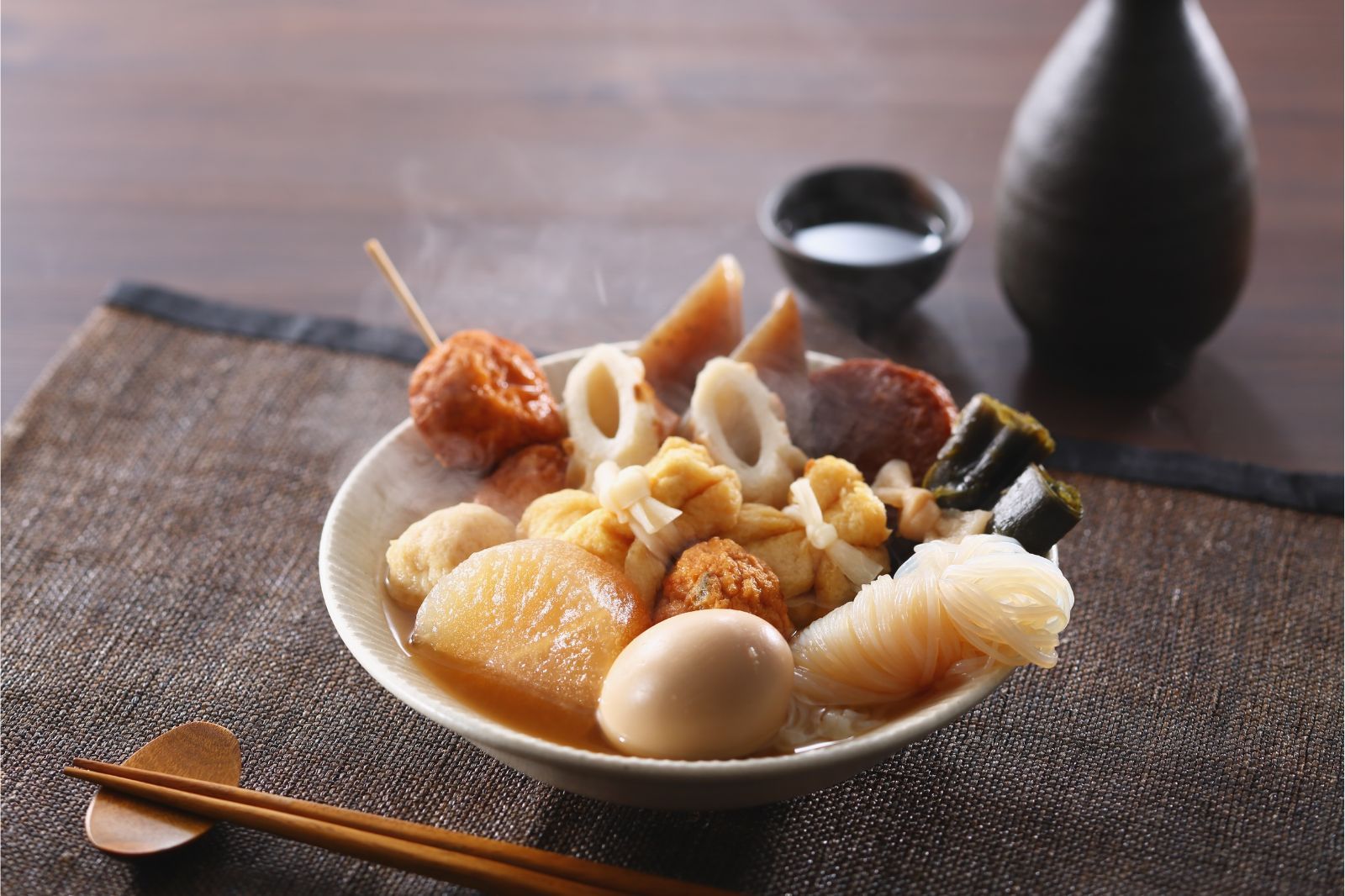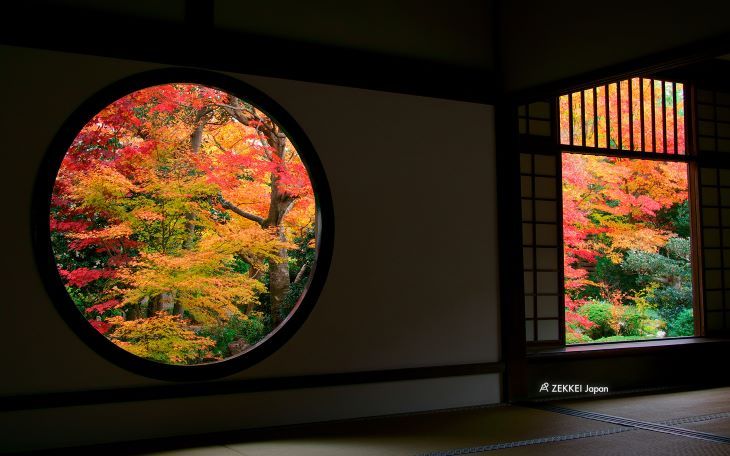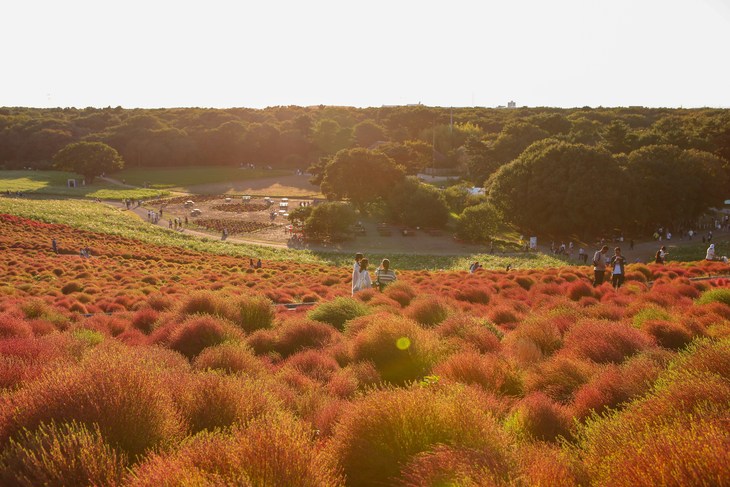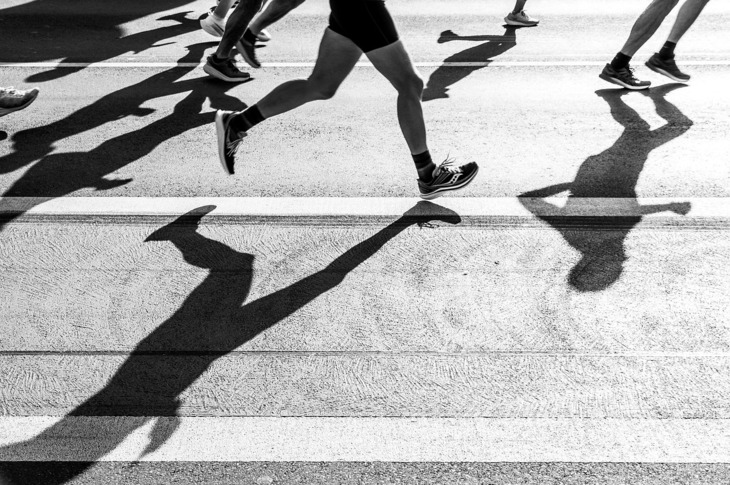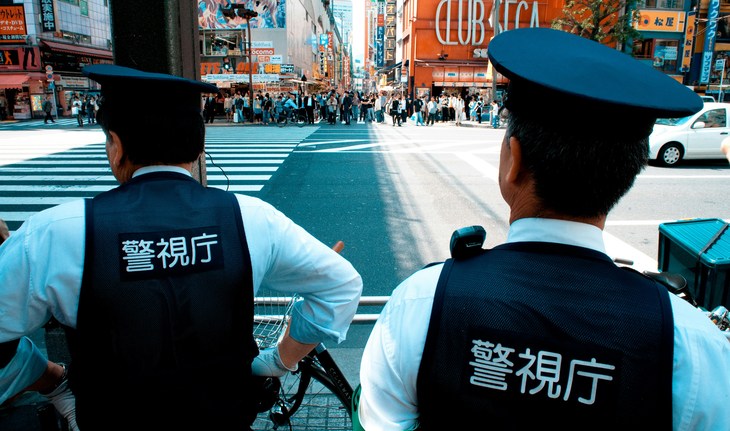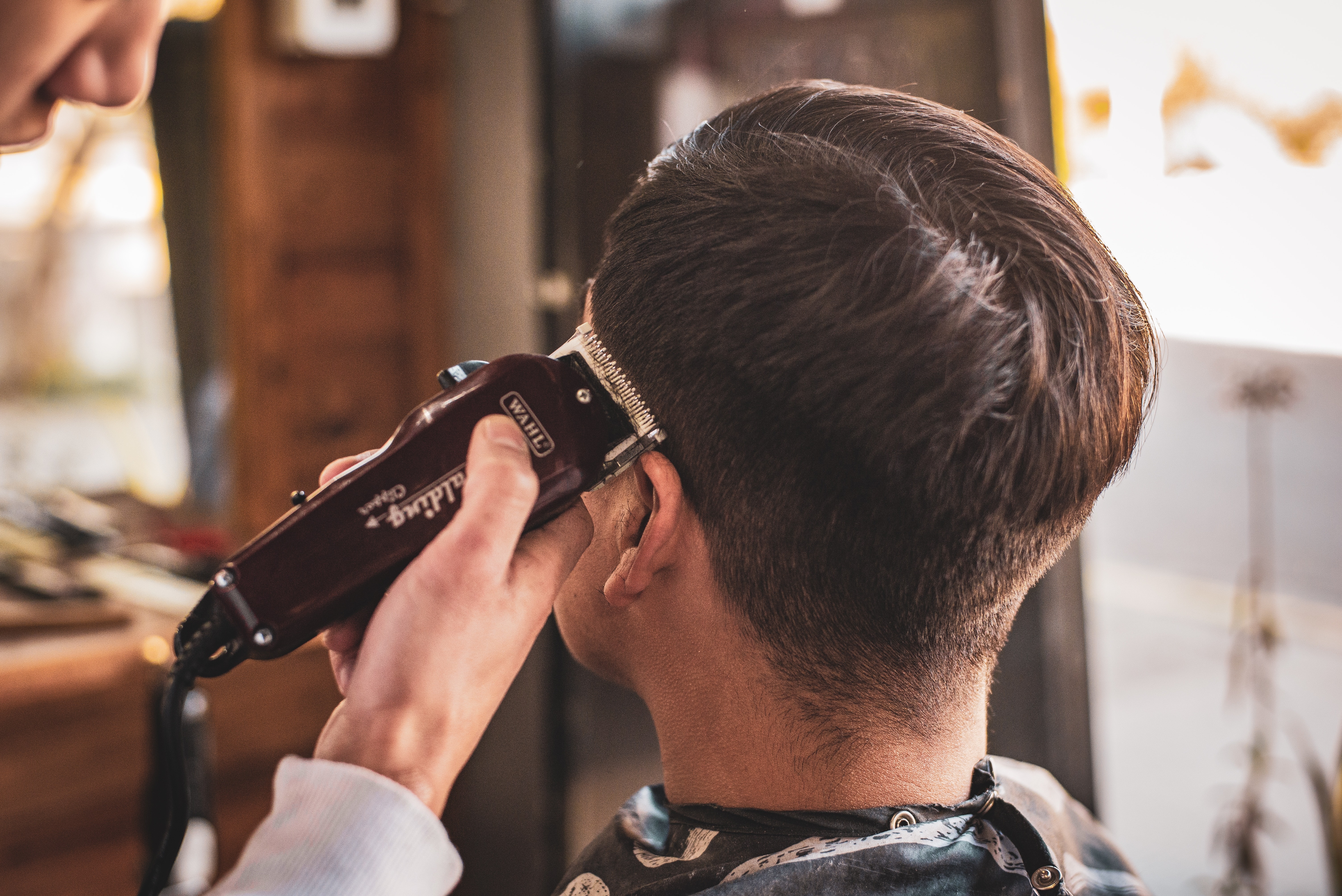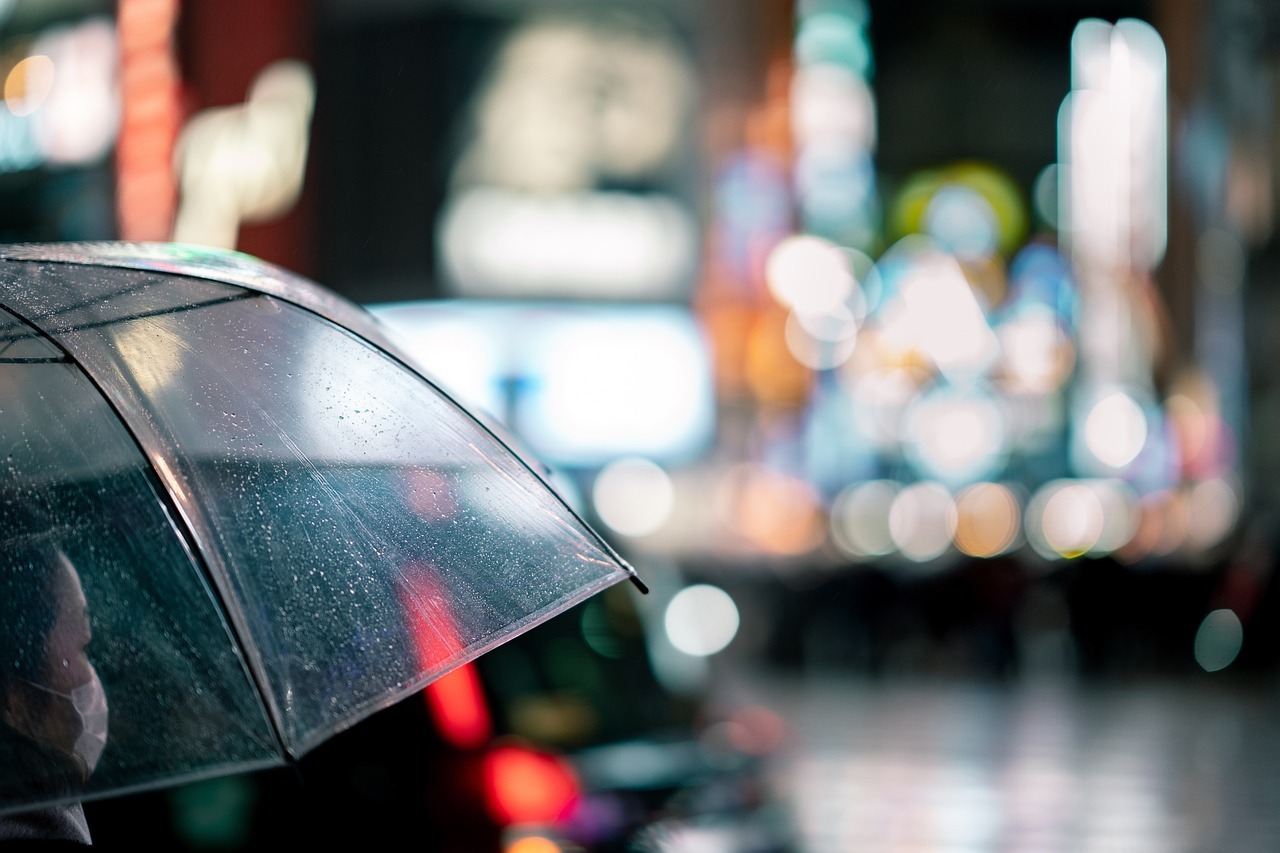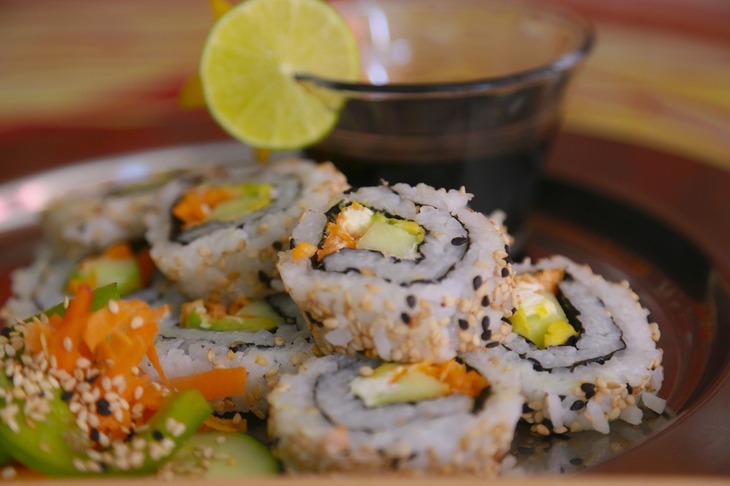How to Prepare an Emergency Survival Kit in Japan
When a natural disaster strikes, you need to be prepared. If you are living in Japan, which is prone to serious disasters like typhoons and earthquakes, one of the best ways you can be prepared is by having an emergency survival kit ready to go in case you lose power or, in a worst-case scenario, need to evacuate.
Plus, taking part in emergency drills can teach you what you need to do in the event of a disaster, helping you stay calm and safe in the unfortunate event you need to evacuate.
So let's take a look at what you should prepare in your emergency survival kit, and learn how you can participate in disaster drills and the benefits of doing so.
What To Include in Your Emergency Survival Kit
It can be tough to know what exactly you should prepare in advance in the case of an emergency, so here are some essential items to include.
・Water and Non-perishable Food
Have at least a three-day supply per person of food and water. You will need water for both drinking and hygiene, so have as much as possible on hand. Non-perishable items like ready-to-eat meals, canned food, energy bars, and dried fruits should be prioritized since they are consumable when utilities like cooking gas or electricity are disrupted.
・First Aid Kit
A well-equipped first aid kit is so important to have after a disaster when immediate medical help may not be accessible. It should include various bandages, antiseptic wipes, painkillers to manage pain and reduce inflammation, and any personal daily medications.
・Flashlights and Batteries
During disasters, the electricity supply can be sporadic or completely cut off. Reliable flashlights and a good stock of batteries will help you see where you are going, which is necessary when going through debris or unfamiliar areas during power outages, and for reading emergency instructions and signals.
・Portable Radio
A battery-operated or hand-crank portable radio is good to keep in your survival kit so you can receive updates about the disaster, including safety instructions, news on affected areas, and information about evacuation routes. This is especially vital when cell phone networks are down, which has happened before in Japan, such as after the 2011 Tohoku Earthquake.
・Emergency Blankets
Also known as space blankets, these are made from heat-reflective thin plastic sheeting that conserves body heat. They are indispensable if a disaster were to hit during the winter, or if someone were to go into shock after a disaster.
・Spare Chargers and Batteries
Keeping your devices charged is crucial for receiving updates and staying in contact with others during an emergency. Keep several mobile batteries and spare chargers in case of an emergency, and be sure to charge the mobile batteries from time to time.
・Body Wipes
After a disaster, access to clean water may become difficult, if not impossible. Having body wipes on hand can help you stay clean and also help get rid of bacteria that could cause infections.
・No-Rinse Shampoo
No-rinse shampoo, also known as dry shampoo, is a convenient way to clean your hair without water. It generally comes in a cap that contains a shampoo solution or a liquid that can be applied directly to the scalp and then wiped away, removing oils and dirt and leaving hair feeling refreshed.
・Dental Hygiene Kit
While cleaning your teeth might not be the first thing you think to do after a natural disaster, you should still make sure to keep your mouth clean. A dental hygiene kit should include a toothbrush, toothpaste, and dental floss. Keeping your mouth clean will help your overall health, which is more valuable than you might think in situations where medical aid may not be available.
・Portable Toilets
The reality is that after a disaster, regular bathroom facilities may not be available. This makes portable toilets invaluable during emergencies. They typically include biodegradable bags that solidify liquid waste and stop odors, are compact, and are easy to use. They will give you some peace of mind during a disaster since where to go to the washroom will be one less thing you need to worry about.
・Cash
In a disaster, you may not be able to withdraw money from ATMs or use credit cards. Keep a small amount of cash in your survival kit to ensure you'll be able to buy any supplies you may need.
・Important Documents
Copies of passports, visa information, insurance policies, and emergency contact numbers should all be stored in a waterproof bag. If you need to evacuate or be relocated, you'll want to make sure you have these.
Disaster Drills in Japan
Japan regularly conducts national disaster drills, known as Bosai Kunren. It is worth joining these drills so that you know what to do after a natural disaster. You'll also learn practical skills, such as how to perform basic first aid or use a fire extinguisher. Knowing these things will help reduce your stress during a disaster, allowing you to think clearly and keep yourself and your family or friends safe.
For foreigners in Japan participating in these drills, the following are often provided:
・Multilingual Support: Training is often provided in English and other major languages to ensure emergency instructions and information are easy to understand.
・Culturally Sensitive Explanations: There are generally explanations on Japan-specific disaster measures, as well as how to act during a disaster, which can help you better adapt to Japan's style of handling emergencies.
・Simulations and Practical Exercises: Training includes experiences using earthquake and tsunami simulators, initial firefighting drills, and first aid demonstrations, so you will get the chance to practice using what you learn.
・Disaster Preparedness Guidebooks: These are also generally distributed to participants in order to give you quick access to important information you may need.
Where to find information about joining disaster drills may vary depending on where in Japan you live. Generally, local city or ward offices have information available about how to join the drills, and the training may be held at these offices. Foreign community centers may also provide disaster training.
In Tokyo, the Tokyo Metropolitan Government's Official Website has disaster-related information available in multiple languages, including information on when the next training sessions will be held.
Natural disasters can be scary, especially if your home country is not prone to them. By having a survival kit prepared and taking part in disaster drills, you'll be well-equipped to handle these unfortunate situations.














